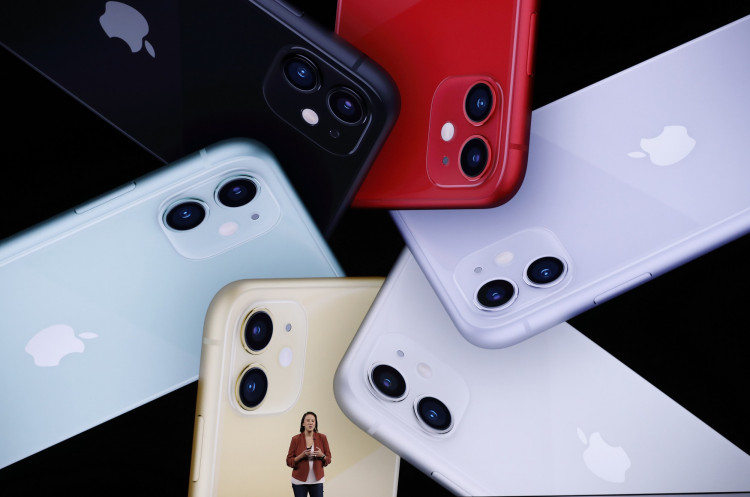Apple analyst Ming-Chi Kuo believes that the company is packing next year's iPhone 12 series a couple of upgrades, which should merit a price hike. The predictions were published in a new Chinese-language report, first translated by 9to5Mac.
The smartphone industry is pretty much used to seeing Apple plastering $1,000 price tags to their devices. However, the Cupertino tech giant has experienced a regression in sales, which is likely the reason why prices for the iPhone 11 series remained the same even though the phones arrived with impressive camera upgrades and a faster processor.
Next year will be different, at least according to Kuo. The Apple analyst claims that pricing for the iPhone 12 will be more than the top-tier iPhone 11 Pro Max.
In a new note with TF International Securities, Kuo identified the reasons for the huge markup. His first reason points toward the integration of new composite materials for the upcoming devices' upgraded metal frame structure.
Kuo previously reported that the design of the iPhone 12 is inspired by the iPhone 4, noting that this could result in a price hike per unit. As expected, the added cost will be passed on to potential buyers, which means they'll have to shell out a whole lot of money to own Apple's latest flagship.
Kuo's other reason for the costlier iPhone 12 devices is the existence of 5G connectivity for all models. Now, 5G is pretty much new tech, so naturally, the first batch of phones capable of such connectivity will be expensive. Though Apple is readying to produce its own modems, its in-house machines are not expected to arrive in time for the 2020 iPhones, so the company will have to source its 5G modems from Qualcomm.
The starting price for the iPhone 11 Pro Max is currently at $1099, putting the iPhone 12 price crossing the $1,200 mark if Kuo's predictions are correct. As a comparison, Samsung's 5G flagships are already at around $1,300. We should probably get used to this kind of price tag if we are to purchase a 5G-capable phone.
It's worth noting that 2020 is the year of affordable 5G devices as well, courtesy of Android, so it remains to be seen if the 2020 iPhones will receive the same kind of reception as the iPhone 11 range.
Apple seems to have anticipated this too, as the company is reportedly planning to release the next-generation iPhone SE next year - its take on budget-friendly phones - but unfortunately sans 5G support.






